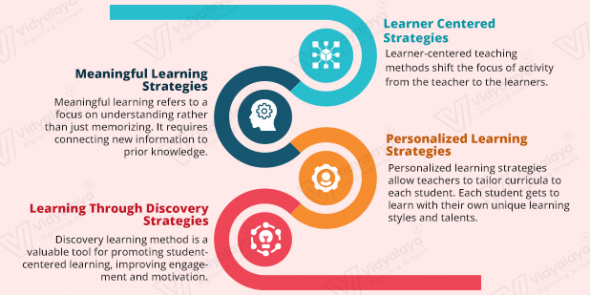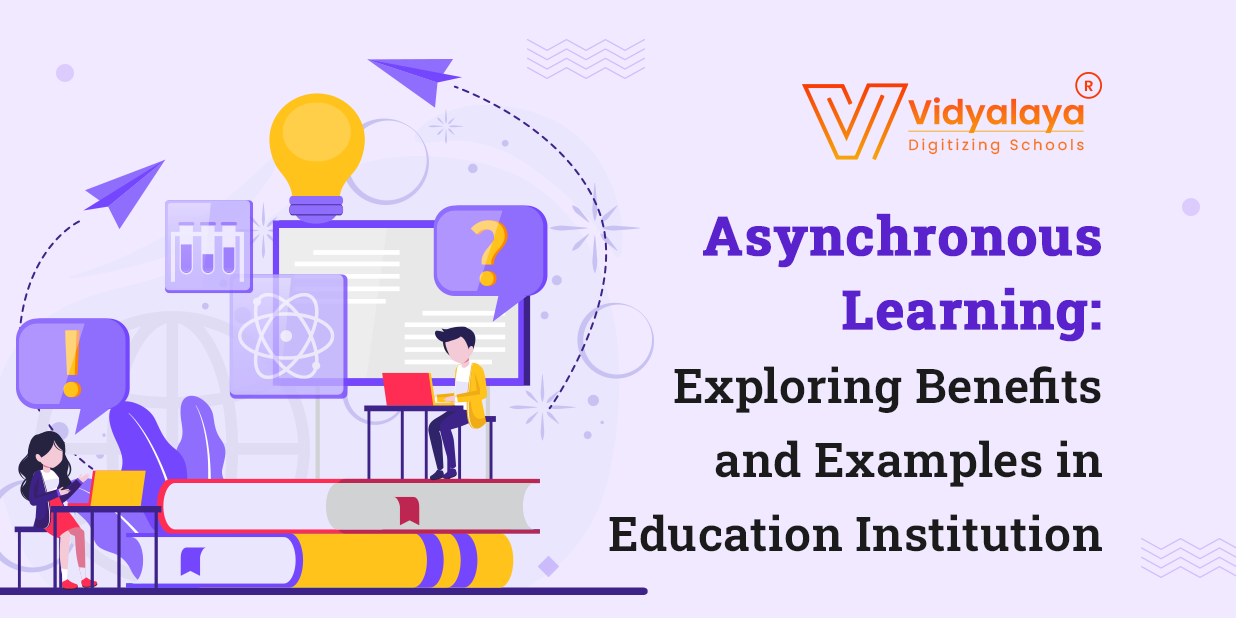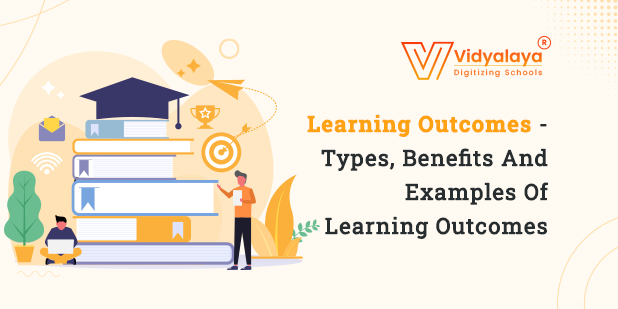From ancient Gurukul-based education to the latest virtual classroom-based learning, the education sector has evolved a lot. Yes, we know change is the only constant. But one thing that has remained common since the birth of education is learning by knowledge. Traditional learning was highly focused on learning by the rote concept of study material. We all have suffered flaws in this strategy where knowledge has zero or less significance in the overall learning process. So, the cognitive learning theory emerged as a solution for this. Cognition itself derives the meaning of thought and when applied to the education sector, it encourages learners to think about their learning/thoughts. If you are new to this concept, stay here for a while. Understand what is cognitive theory and how it can reshape the education industry with its benefits and strategies.
What is Cognitive Learning Theory?
Cognitive learning is an active style of learning that emphasizes improving learner’s comprehension when attempting new concepts or subjects. The word cognition is illustrated as the ability of the human brain’s mental processes to absorb and keep information through senses, experience, and active thoughts. The cognitive learning theory is completely based on metacognition, which means thinking about thinking. It is based on three steps:
- Comprehension
- Memory
- Application
What are the strategies of Cognitive Theory?
Cognitive learning ensures higher productivity through its effective strategies. Here are the cognitive learning strategies that are implemented in a corporate learning environment:
1. Learner-centered Strategy:
This relates learning to exist knowledge, and each learner has its own perspective on knowledge and experience. According to the learner-centered strategy, learning starts with the gathering of basic knowledge and going deep with the subject with time. When applied to the education sector, students learn from accumulated knowledge, prior experience, and concepts. So, this strategy is based on three components:
- Accommodation– Mould new information by modifying the existing knowledge of the learner.
- Assimilation– Organization of new concepts in the mind irrespective of prior knowledge of the learner.
- Equilibrium– Maintaining a fair balance between new and prior knowledge of the learner.
2. Meaningful learning strategy:
Overruling the flaws of rote learning, cognitive learning always focuses on meaningful learning to offer a knowledge-enriched experience to the learners. Here, background information about new concepts is essential, and it is instilled in a sequence to build on the prior knowledge of the learners. This is accomplished through several active learning activities to foster a teacher-student healthy relationship.
3. Personalized learning strategy:
Bringing personalization in the learning so that it supports each student’s individuality and uniqueness. Through the personalized learning type of cognitive learning strategy, a tutor will craft an action plan to create a learning experience that depends on the individual’s knowledge. This plan of action will optimize the learner’s strengths and improve the gaps.
4. Learning through discovery strategy:
This strategy supports exploring learning, where students can go out of the box to build knowledge and discover new ideas. As the learner is him/herself actively learning concepts, this strategy improves analytical skills and makes them stronger to face real-world problems.
Why Cognitive Theory is highly effective in the education sector?
The cognitive theory implementation in the education system brings affirmative changes in the education sector. Here are some of the major benefits:
1. Improves comprehension:
Cognitive theory basically triggers the learner’s thinking capabilities and encourages them to take hands-on approaches to the learning process. This approach enables learners to achieve a deeper, more comprehensive understanding of new materials. Through this, learners can build upon previous ideas and knowledge. When learners learn new things, new knowledge is added to prior knowledge.
2. Enhance Problem-solving skills:
Learners must incorporate different skills such as analytical and problem-solving skills. With cognitive learning theory, students can understand how to learn. Through cognitive learning, they are better equipped with analytical and problem-solving skills that may help them later to face real-life challenges.
3. Improves abstract thinking in teachers:
Cognitive theory implementation in the education sector is not only beneficial for students but also for teachers. With this, teachers can develop a range of different concepts, such as easy comprehension and interpretation of information that may trigger creativity among students and lead to innovations.
4. Can Learn things faster:
Unlike traditional memorization methods, cognitive theory-based learning focuses on learning by understanding. To do this, it breaks down complex concepts into simple ones so that they are easy to understand. Apparently, it fosters creativity and fast learning. Through hands-on experience, students are able to recycle and use the prior knowledge that is the base of new concepts. This can speed up the process of learning as they already have some base for new concepts.
5. Boosts confidence:
Many learners face a lack of confidence when they are confronted with new concepts. But this doesn’t happen when cognitive theory principles are implemented correctly. Students may feel more confident while approaching new concepts as they get a deeper comprehension of new topics and develop new skills.
6. Intact the love of learning:
Flaws of traditional learning methods may result in dropping out of school for many learners. Making education more student-centric and encouraging them to learn actively may bring them back to school. So, cognitive theory strategies focus more on making education fun and exciting. Implement the best and most apt one, and sow a lifelong love for learning in students that will remain active even outside the classrooms.
Learning has not been limited to the four walls of the classroom, especially after digitalization. But what about the understanding of students? Are they really understanding what they are studying in the classrooms, even though through different mediums like digital boards, slides, videos, and textbooks? Principles of cognitive learning theory give answers to this question. Yes, when students are encouraged to improve their thought processes, they will end up learning that they will really understand. Let Vidyalaya contribute all its expertise to improve your learning experience. Allow us to enable teachers to make a roadmap to improve their teaching to meet the requirements of new-age learners. Visit our office or drop us a call to know more about cognitive theory implementation in our products Vidyalaya School Software!






















